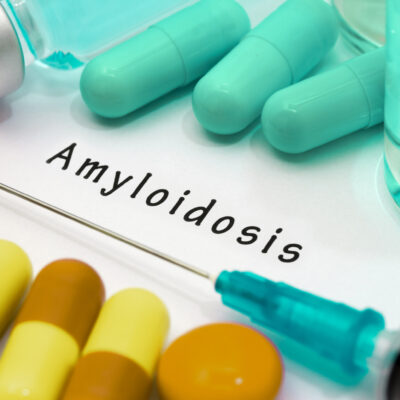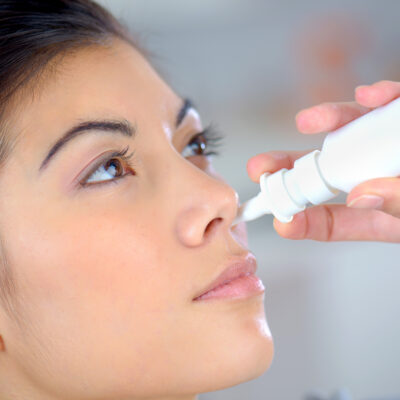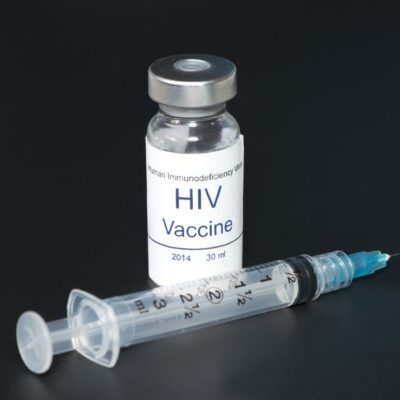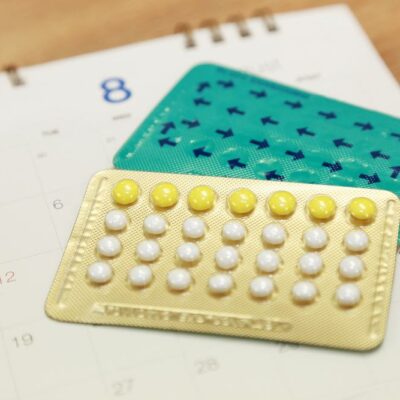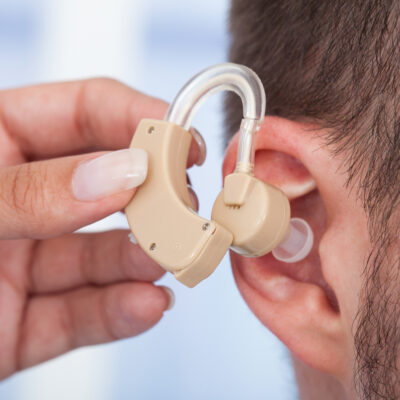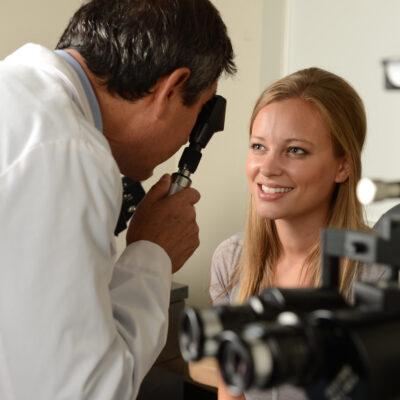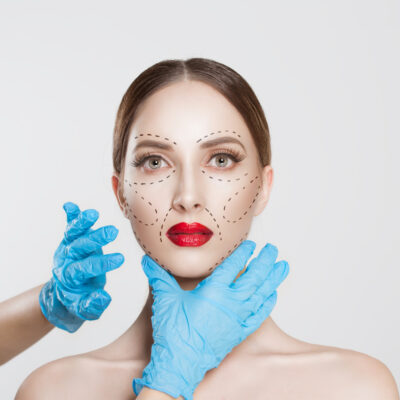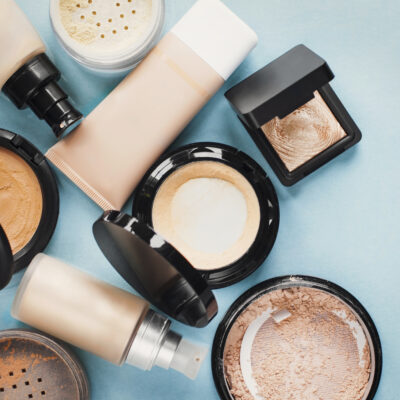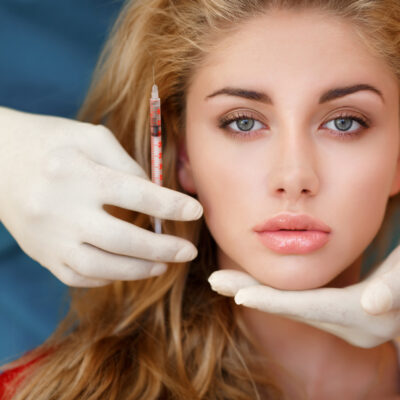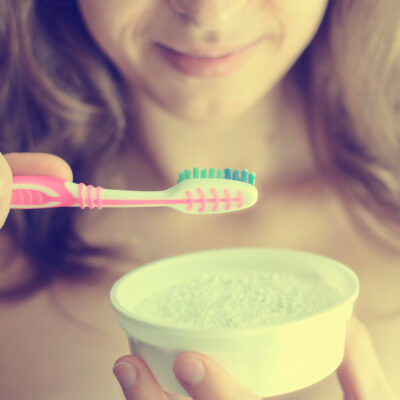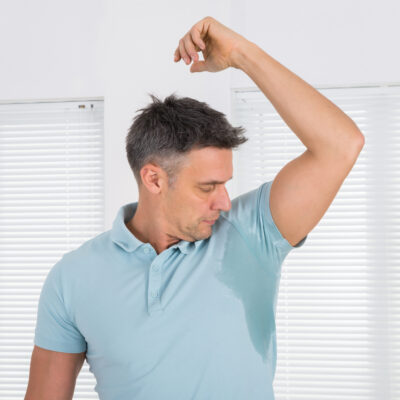
Health
Treatments for Hyperhidrosis
An estimated 7.8 million Americans suffer with hyperhidrosis or heavy sweating. Also referred to in the medical field as polyhidrosis or sudorrhea, this condition isn’t dangerous to patients, but may be both uncomfortable and embarrassing in nature. Excessive sweating can affect the entire body (what’s known as generalized hyperhidrosis) or be concentrated to a specific area (what’s known as focal hyperhidrosis) such as the underarms (axillary hyperhidrosis), the feet (palmoplantar hyperhidrosis), face, or the palms. Hyperhidrosis tends to appear during the adolescent years causing symptoms of noticeable sweat that soaks clothing, clammy palms and feet, irritation that may lead to bacterial or fungal infections, and self-consciousness that may lead to social withdrawal, resistance to human contact, and fear of body odors. While certain hereditary genes may be linked to hyperhidrosis, the following underlying causes may also be to blame: Diabetes Heart disease Parkingson’s disease Hodgkin’s disease TB or HIV infection Spinal cord injury Gout Anxiety disorder Prescription medications (i.e, antidepressants, etc.) Luckily, several effective treatments can help manage the symptoms of hyperhidrosis: 1. Prescription deodorant and antiperspirant Clinical deodorants and prescription antiperspirants may be recommended by your doctor to chemically impede sweat glands from producing perspiration. Prescription antiperspirants contain active aluminum chloride, which block the cells that produce sweat.
Read More 